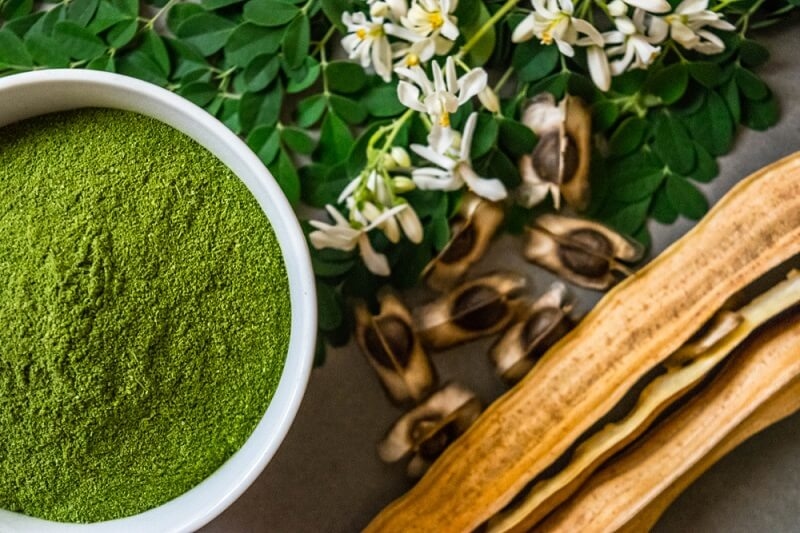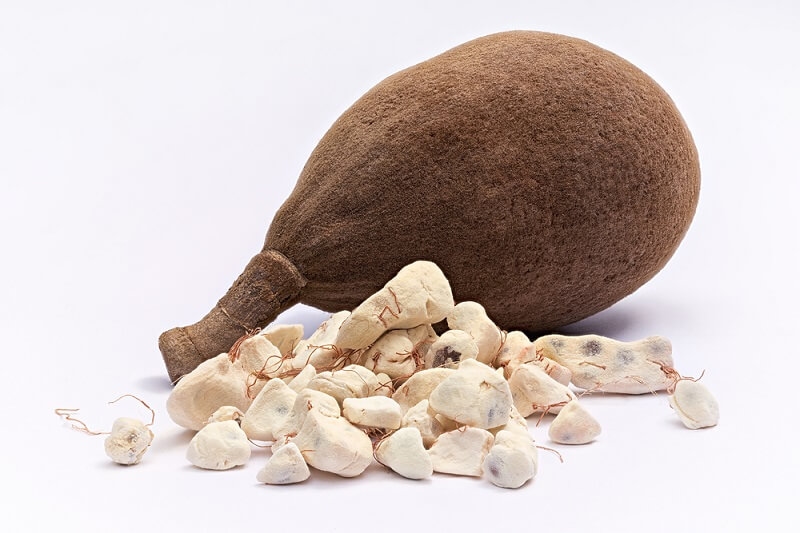
African superfoods capture the world's attention for their excellent nutritional value and cultural history. They are considered traditional foods that still connect people to their African ancestry, and their benefits go way beyond basic nourishment. Health benefits are associated with the moringa leaves; the baobab fruit nutrition is rich and unique. We know we have so much to learn about the wisdom of a lifetime of dietary traditions used throughout the centuries by our ancestors, as well as newly discovered trends towards sustainability and getting closer to harvesting wild foods that support tasting unique African diets as part of creating balance within wellness strategies, immune support, and sustainable dietary decision-making.
This article intends to include a variety of African ingredients to construct a comprehensive African healthy food list of powerful African plants, staple grains, seeds, and fruits. We will discover why fonio grain benefits are now recognized globally and begin to dissect immeasurable immune-boosting African foods and their role in wellness, along with innovative concepts on how they are being integrated as superfoods across different cultures worldwide.
Superfoods are foodstuffs with super-nutritional density-to-calorie ratios. Africa has cultivated nutrient-rich ingredients for long periods, with readily available foods across its diverse climates and ecosystems, long before these nutrients found global healthcare similarities. Examples include moringa, baobab, teff, and fonio, which have long histories of consumption and current potential for use in and out of absorption and assimilation in Africa.
Simply recognizing the highlighted African foods provides a means of contemplating Africa’s contributions to global healthcare trends.
One of Africa's most highly regarded medicinal superfoods is moringa, usually described as the "miracle tree." African communities have used it for generations to support energy, strength, and immunity.
Health benefits of moringa leaves include:
Moringa can be consumed as a tea, powder, or fresh leaves, and for the wellness enthusiast, it has become a mainstay of smoothies or natural supplements.

Another essential star in the African healthy food list is baobab fruit, famous as the "Tree of Life."
Baobab fruit nutrition has a unique nutritional profile consisting of:
Baobab powder is used more in wellness drinks, energy bars, and dietary supplements. Its sour, citrus-like flavor means a little goes a long way.
If you want sustainable, then the benefits of fonio grain shine. This tiny grain has been grown in West Africa for thousands of years; it is hearty!
Fonio is entering the global market as a healthier alternative to refined grains.
The vast diversification of climates and ecosystems throughout Africa has produced an outstanding African healthy food list of fruits, grains, legumes, and vegetables that are both healthy and versatile.
Some superfoods include:
These foods are part of Africa's legacy of health and adaptability.
Many African superfoods are key in enhancing immunity and overall vitality. Centuries of traditional use highlight their protective qualities.
These foods strengthen the immune system and align with modern wellness goals.
A wholesome African diet, with whole foods, seasonal foods, and naturally prepared foods, is inherently health-supporting. Western processed and modern diets cannot offer the same nutritional bounty and health benefits as the African tradition.
African superfoods can help facilitate this balancing act. Health-supporting foods, such as a simple teff sourdough flatbread recipe or a baobab smoothie, can balance flavor, culture, and wellness.
Some African foods support healthy weight management due to their low calorie density and nutrient richness. Examples include:
These attributes make them ideal for balanced diet plans.
African superfoods not only promote health, but they are also beneficial for the planet. Crops like fonio and moringa grow in harsh, dry, poor soils, needing little water, so they are a sustainable crop. Supporting these foods provides African farmers with opportunities while conserving traditional knowledge.
These simple steps allow anyone to embrace the richness of African food traditions.
African superfoods demonstrate the continent's deep cultural, nutritional, and sustainable connection. The unmistakable health benefits of moringa leaves, the powerful nutritional benefits of the baobab fruit, and the fantastic health benefits of versatile and good-for-you fonio grain all highlight that we have to include these top African superfoods in anyone's healthy African food list. These food products are among the best African foods for boosting immune systems; by including them, we reconnect to our ancestry and continue living the good life.
African superfoods are food and cultural treasures; they create legacies of wellness benefits. Currently, we can look to moringa, baobab, fonio, and teff to foster balance, nutrition, and immunity. They remind each of us of the past while showing us what health is in our journey to the present. Supporting the use and consumption of African superfoods presents a chance to celebrate the body and spirit while supporting the cultural foundations of communities and traditions across Africa.
This content was created by AI